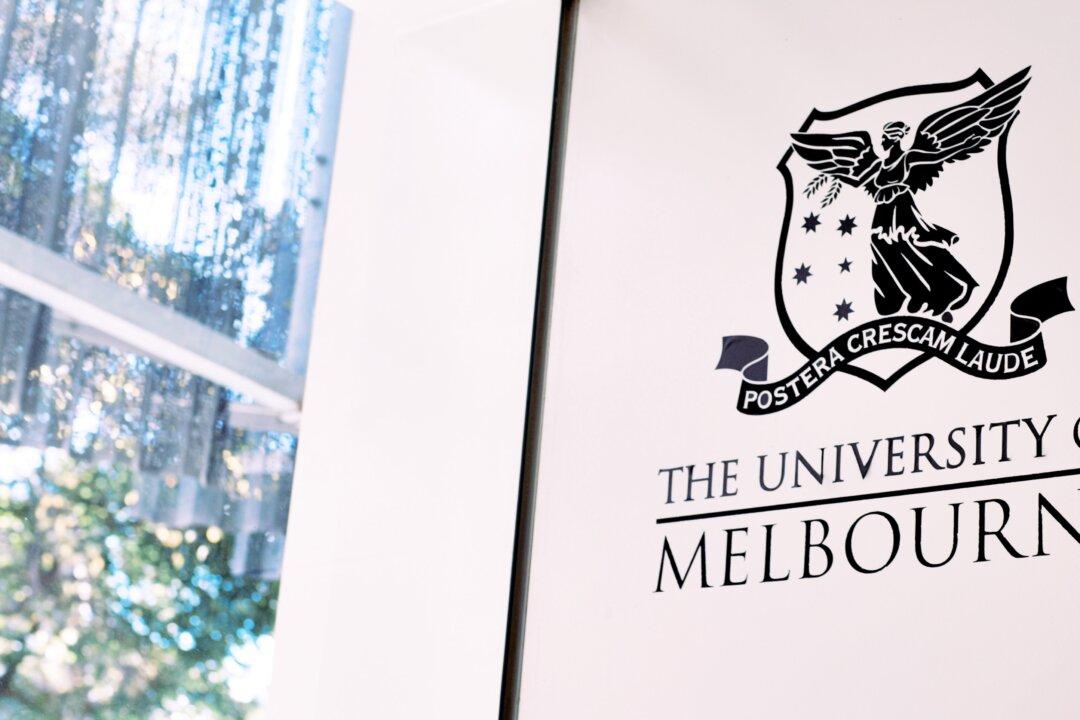Researchers from the University of Melbourne have received a 3.5 million grant (US$2.51 million) from the Australian Cancer Research Council (ACRF) for the foundation’s new program investigating cancer cells singularly for better patient treatment and causes of treatment resistance.
“This important investment from ACRF will enable us to gain a deeper understanding of how cancers develop at a single-cell level,” said Prof. Andrews Roberts, one of the study’s lead researchers said on March 15.





